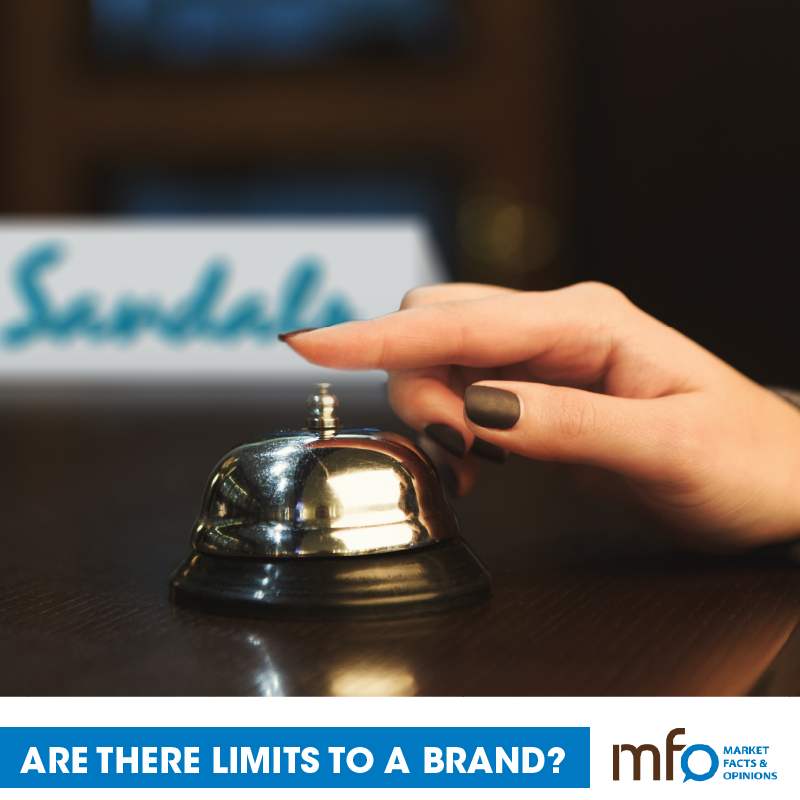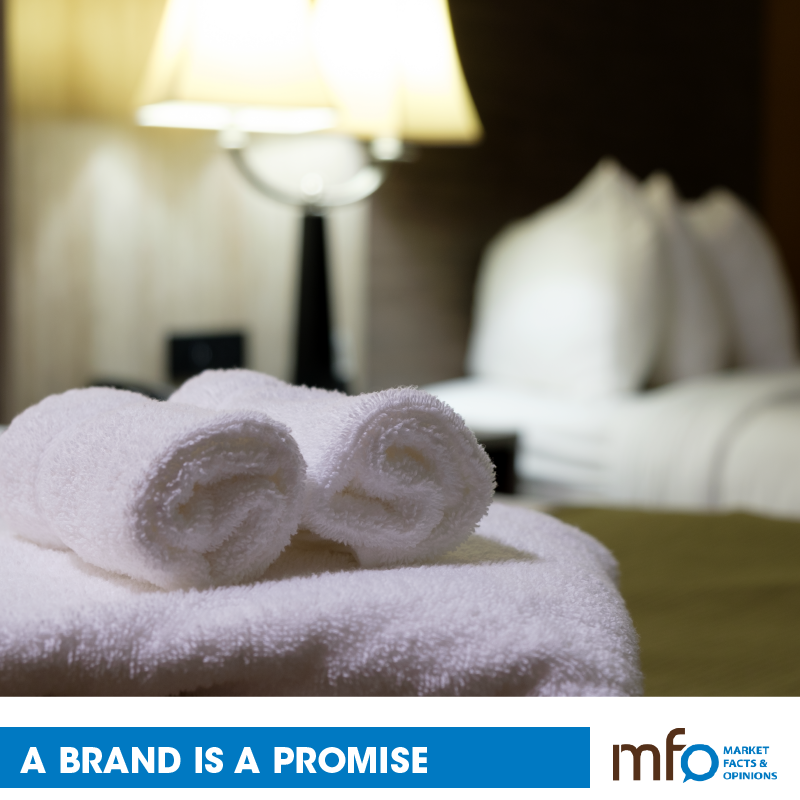- Market Facts & Opinions (2000) Ltd
- mfo@mfocaribbean.com
- Tel: (868) 627-8417/8524
Are there limits to a brand?


For he who fights and runs away, may live to fight another day
A brand is a promise
Some observers may cite this couplet as being applicable to the departure of Sandals from the negotiations relative to a Tobago entry. Much commentary was made about the truth underlying their sudden departure while others claim paternity for the action. We wish to draw lessons from a branding perspective for your consideration.

A brand flag is an essential element in arranging a hotel development plan. We can see the impact of the “Magdalena Grand” on occupancy and average daily rate. Branding is a key component in a hotel’s marketing strategy. It is a promise (like in the case of a consumer brand) but it is more: it is giving tangibility to something that is essentially intangible. It is allowing potential guests to understand what is on offer without having to physically visit the property. A hotel investment is not a passive investment: the hotelier has to continuously put ‘heads in the beds’. Guests go where there are people like them. Discipline in branding allows for a brand to attract mainly the persons desired in each traveller segment.
A brand is primarily about ‘share of mind and emotion’. Physical cues support this approach. It is not the reverse. It is a reminder of a pleasant experience (check the hotel ads), a cue for quality and an inducement of ‘feeling good’. It is a source of strategic advantage which creates cash flows via higher margins. The increased customer loyalty (repeat business) enables decreased price elasticity and increased market share and promotes future hotel expansion and of course, shareholders’ value.
Choosing your battles

What does that possibly explain about Sandals’ decision? Given the onslaught of negative brand publicity for their brand in recent times, why should they participate in an argument in which the risk to their brand is heightened? In every real estate project, the development process is a creature of the politics within the society. Key questions are: who pays, who benefits, who risks and who has standing to participate in the decision making. In a partisan, articulate and politically sophisticated society that debate is high profile. The longer it takes to get approvals, the more the ability to make money is limited. More importantly, if your brand is damaged how do you repair this? Given the fraught global geo-political and economic conditions which impact potential demand, what is the pay off for sticking with the negotiations?
Using trade-off theory, the Sandals brand is better off running than fighting. It is better off fixing their other problems than opening up a new battle front. This is quintessential brand discipline.
Do we exercise this level of brand discipline? Do we understand how important our brand is to our market valuation? Are our marketing efforts tied to our financial understanding? We will do well to take a page from the Sandals team.
